Farewell to Nova Scotia
~Traditional
The sun was setting in the west
The birds were singing on ev’ry tree
All nature seemed inclined to rest
But still there was no rest for me
Farewell to Nova Scotia, the sea-bound coast
Let your mountains dark and dreary be
And when I am far away on the briny oceans tossed
Will you ever heave a sigh and a wish for me?
I grieve to leave my native land
I grieve to leave my comrades all
And my aged parents whom I always held so dear
And the bonnie, bonnie lass that I do adore
The drums they do beat and the wars do alarm
The captain calls, we must obey
So farewell, farewell to Nova Scotia’s charms
For it’s early in the morning I am far, far away
I have three brothers and they are at rest
Their arms are folded on their breast
But a poor simple sailor just like me
Must be tossed and driven on the dark blue sea

I am indebted to the many friends who share my love of traditional songs and to the many scholars whose works are too many to include here. I am also incredibly grateful to the collector’s curators and collators of Wikipedia, Mudcat.org, MainlyNorfolk.info, and TheContemplator.com for their wise, thorough and informative contributions to the study of folk music.
I share this scholarly research on my site with humility, thanks, and gratitude. Please cite sources accordingly with your own research. If you have any research or sites you would like to share on this site, please post in the comment box.
Thanks!
Contents
| "Farewell to Nova Scotia" | |
|---|---|
| Canadian folk song | |
| Language | English |
| Genre | Folk |
"Farewell to Nova Scotia" is a popular folk song from Nova Scotia, Canada. It was adapted from the Scottish lament "The Soldier's Adieu" written by Robert Tannahill. It was written sometime before or during World War I and popularized in 1964 when Catherine McKinnon used it as the theme song for the Halifax-based CBC TV program, Singalong Jubilee.[1]
Catalogued as Roud Folk Song Index No. 384, both the tune and lyrics are public domain.
History
The 1791 Scottish folk song "The Soldier's Adieu" was printed in 1803 in a Glasgow newspaper and attributed to Robert Tannahill.[2] Philip A. Ramsay's 1838 edition of The Works of Robert Tannahill. With Life of the Author printed the first stanza of the song.[3] Then Alexander Whitelaw published it in the 1843 edition of The Book of Scottish Song.[4] David Semple then published it in his 1874 edition of The Poems and Songs of Robert Tannahill.[2][5]
Folklorist Helen Creighton first collected the song in 1933 from Annie (Bayers) Greenough in West Petpeswick, Nova Scotia.[6][7][8]
A version of "The Soldier's Adieu" was also recorded in the 1940s in Quebec titled, "On the Banks of Jeddore".[2]
The Quebec duo "Les Karrik" recorded a French version titled "La Chanson de l'Acadien" in 1971.[9]
Renditions
The song has been covered, notably, by Tommy Makem,[10] Gordon Lightfoot, Stan Rogers, The Irish Rovers, Ryan's Fancy, Harry Hibbs, Paddy Reilly, Ian and Sylvia Tyson, Anne Murray, Touchstone, Stompin' Tom Connors,[11] The Real McKenzies, Schooner Fare, Wicked Tinkers, Battlefield Band, Alex Beaton, Aselin Debison, Dan Zanes, Moist, Oisin, Sons of Maxwell, Na h-Òganaich, and Asonance. It is an ambient theme for the Canadian civilization in the game Sid Meier's Civilization VI: Gathering Storm.
Lyrics
Chorus:
Farewell[n 1] to Nova Scotia, the sea-bound coast,[n 2]
let your mountains dark and dreary[n 3] be.
for when I am far away on the briny ocean tossed,
Will you ever heave a sigh or a wish for me?
1.
The sun was setting in the west,
The birds were singing on every tree.
All nature seemed inclined to rest
But still there was no rest for me.
Chorus
2.
I grieve to leave my native land,
I grieve to leave my comrades all,
And my aging parents whom I've always loved so dear,
And the bonnie, bonnie lass[n 4] that I do adore.
Chorus
3.
The drums they do beat and the wars do alarm,[n 5]
The captain calls, I must obey.
Farewell, farewell to Nova Scotia's charms,
For it's early in the morning and I'm far, far away.
Chorus
4.
I have three brothers and they are at rest,
Their arms are folded on their chest.
But a poor simple sailor just like me,
Must be tossed and turned in the deep dark sea.
Chorus
See also
Notes
- ^ 'Farewell', in some renditions, is sung "fare-thee-well"
- ^ "Sea-bound coast" has also been sung as "sea-bound shore(s)" and "may your mountains" has been sung as "let your mountains".
- ^ 'dreary' is often pronounced "/drɪəraɪ/" (drear-i)
- ^ 'lass' is sometimes sung "lassie" or (according to the singer's preference) "lad" or "laddie"
- ^ "The drums they do beat and the wars do alarm" is sometimes sung "The drums they do beat the wars' alarm" or "The drums they do beat for the wars to alarm", meaning that the drums are beating a call to arms
References
- ^ "Farewell to Nova Scotia". The Canadian Encyclopedia. Retrieved January 23, 2021.
- ^ a b c "Linda Craig. The Scottish Origins of "Farewell to Nova Scotia". DalSpace. 1970" (PDF). Retrieved December 18, 2018.
- ^ Philip A. Ramsay. The Works of Robert Tannahill. With Life of the Author. 1838, p. 98
- ^ Whitelaw, Alexander (December 18, 2018). "The book of Scottish song". Glasgow ; Edinburgh and London : Blackie and Son. Retrieved December 18, 2018 – via Internet Archive.
- ^ Tannahill, Robert; Semple, David (December 18, 1874). "The poems and songs of Robert Tannahill". Paisley : A. Gardner. Retrieved December 18, 2018 – via Internet Archive.
- ^ Nova Scotia Archives - Eastern Shore, Halifax County archives.novascotia.ca
- ^ See also her book Traditional Songs from Nova Scotia, 1950
- ^ "Helen Creighton Folklore Society: Songs". www.helencreighton.org. Archived from the original on October 26, 2017. Retrieved December 18, 2018.
- ^ "Au chant de l'alouette (1971) | les Karrik".
- ^ Canadian Geographic. Royal Canadian Geographical Society. 2006.
- ^ Bidini, Dave (March 5, 2010). Around the World in 57 1/2 Gigs. McClelland & Stewart. pp. 309–. ISBN 978-1-55199-149-8.
External links
Source: The Helen Creighton Folklore Society
Farewell to Nova Scotia
Helen Creighton collected a number of versions of The Nova Scotia Song beginning in 1933, from Ann Greenough of Petpeswick. Creighton’s account (in August 1989) of finding the song is printed in Allister MacGillivray and John O’Donnell’s book, The Nova Scotia Song Collection (Sea-Cape Music Ltd. 1989, p. 176):
“I usually traveled alone but, when Miss Doreen Senior was with me, she could write the music down immediately. We often took picnics with us but this day in 1933 it was pouring rain and I believe we had our picnic in the car. Still we managed to get wet anyway, especially our feet, walking through the muddy road to the house. Of course the roads were not paved then; they were all mud. I hadn’t heard of Mrs. Dennis Greenough before, but she had heard of me because I had been down that way before [i.e., the Petpeswick-Chezzetcook district]. People are so hospitable, you know. Mrs. Greenough said, ‘Why didn’t you bring your picnic in the house and have it here?’ Now, I don’t remember whether Miss Senior did or not, but I put my feet in the oven to get them warm and dry. While I was sitting there, Mrs. Greenough sang ‘The Nova Scotia Song’ for us. We liked it right away but at that time we weren’t overly enthused; we didn’t know then that the song was as special as it has now become. The song was very popular in that area. I was told that a singing-master taught it in the schools around Chezzetcook and Petpeswick. They all knew it — all the old people knew it because they would have gone to school at the turn of the century. So, I made a compilation — something I’d never done with any other song. You see, I’d get a verse here and a verse there. I’d write these verses down and put them in order. They all had pretty much the same tune. I published it in Traditional Songs From Nova Scotia.”
By Creighton’s time, it had become standard for folklorists/ethnomusicologists to publish variants of songs and tunes that were written precisely the way they were sung by particular performers rather than edited versions of songs. Academic song/tune collections are different in this way from general song/tune books; the transcriptions are descriptive rather than prescriptive. In most cases, Creighton picked one to three variants of a song to publish. However, in the case of Farewell to Nova Scotia, she found that combining different versions of the lyrics produced a more coherent song. She noted this exception clearly in Traditional Songs of Nova Scotia (1950).
There is no sound recording of Creighton’s earliest find, because she did not have an audio recorder at that time; her colleague Doreen Senior transcribed the melody on paper:

The Nova Scotia Song sung by Walter Roast, Dartmouth, 1943.
In her autobiography, Helen Creighton wrote that Walter Roast sang as he plowed (1975, A Life in Folklore, pp. 97,104).
In the 1940s in Beauce county Quebec, folklorist Marius Barbeau found a related song, On the Banks of Jeddore. As notated in Come A Singing!, published by the National Museum of Canada in 1947, the melody seems related to that of The Nova Scotia Song, but phrased differently. Some of the lyrics are similar as well.
When Helen Creighton met Queen Elizabeth when the Queen visited Halifax in 1976, the Queen asked whether Farewell to Nova Scotia might have Scottish origins, but Creighton was not able to tell her until two years later that it did indeed.
A 1978 article by Linda Christine Craig traced the origins of the song lyrics back to The Soldier’s Adieu, by the Scottish poet Robert Tannahill (1774-1810), which was published in 1808 in a Glasgow newspaper. Craig also found an intermediate song in a chapbook. (Craig, Linda Christine. 1978. “The Scottish Origins of ‘Farewell to Nova Scotia.’” Dalhousie Review, Vol 58 No. 3.)
| The Soldier’s Adieu By Robert Tannahill (1774-1810), Paisley, Scotland.The weary sun’s gane doun the west, The birds sit nodding on the tree, All nature now inclines for rest, But rest allow’d there’s none for me: The trumpet calls to wars alarms, I grieve to leave my comrades dear, But tender thoughts must now be hushed, Adieu! dear Scotland’s sea-beat coast! And now, dear Nancy, fare-thee-weel! |
The Nova Scotia Song Collected and arranged by Helen Creighton (published 1950).The sun was setting in the west, The birds were singing on ev’ry tree, All nature seemed inclined for rest But still there was no rest for me. chorus:
Farewell to Nova Scotia the sea-bound coast, I grieve to leave my native land, [chorus]
The drums they do beat and the wars do alarm, [chorus]
I have three brothers and they are at rest, [chorus]
|
Notice that Farewell to Nova Scotia has a chorus, whereas the original is without repetition.
Linda Craig observed that the song became more intense in Nova Scotia due to compression and the skillful editing of folk artists. It also had a completely new stanza added to it, one that made it the song of a sailor rather than a soldier. This new stanza, which Creighton placed last in her composite version of the song, adds a sense of fatalism to the mood.
Carrie Grover (ca.1878-1959) lived in Nova Scotia as a child and later privately published the songs of her own family in A Heritage of Songs. She gives a variant of The Nova Scotia Song under the title Adieu to Nova Scotia, which recalls the original wording by Tannahill.
Dalhousie University music professor, Elvira Gonella, has noted a resemblance between the melodies of Farewell to Nova Scotia and an old Scottish song, When the Kye Come Hame. Certainly the final phrases are similar. According to James Hogg in Songs by the Ettrick Shepherd (1831, p.51), When the Kye Come Hame was sung to the air of Shame Fa’ the Gear and the Blathrie O’t. Graham notes that the latter air as used by Hogg was “considerably altered.” Indeed, the last phrase of The Blathrie O’t is not as similar to that of Farewell to Nova Scotia as is that of When the Kye Come Hame.
When the Kye Comes Hame from The Popular Songs and Melodies of Scotland by G. Farquhar Graham (1900, pp.344-5).
Farewell to Nova Scotia, as performed by New Brunswick singer Catherine McKinnon, became a theme song in 1964 for the CBC television program “Singalong Jubilee” (CBC Halifax, 1961-74). This must have pleased Helen Creighton, who had hoped for more local, traditional music on the program.
Farewell to Nova Scotia sung by Catherine McKinnon (Library and Archives Canada, ©1975 Canadian Broadcasting Corporation).
Farewell to Nova Scotia has been recorded by many musicians in Atlantic Canada and beyond: Diane Oxner (1956), Ian and Sylvia (1964), the Sons of Erin, Ryan’s Fancy, the Irish Rovers, Ann Murray, Stompin’ Tom, John Allan Cameron, Harry Hibbs, Clary Croft, Barleycorn, McGinty, Rita McNeil, Oscar Brand, Touchstone, Tommy Makem, Gordon Bok, Paddy Reilly, Jimmy Sweeney, Dan McKinnon, Bruce Guthro, Dave Gunning, Dusty Keleher, Ardyth & Jennifer, Alex Beaton, Schooner Fare, Finnigan, the Pogues, the Battlefield Band, Oisin, Wild Mountain Thyme, the Wicked Tinkers, Highland Heights, the Real McKenzies etc.
Listen to Gordon Lightfoot perform “Farewell to Nova Scotia…
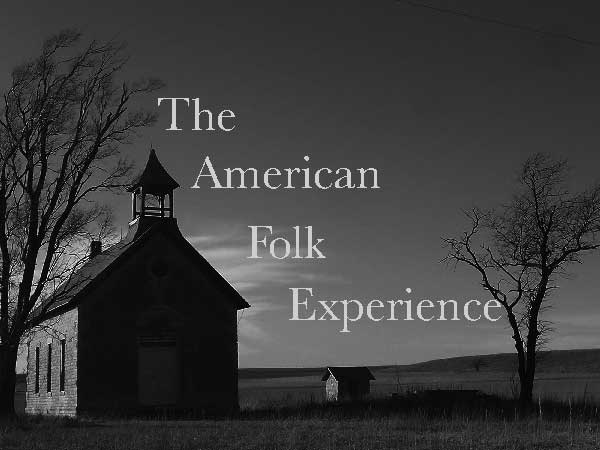
Performances, Workshops, Resources & Recordings
The American Folk Experience is dedicated to collecting and curating the most enduring songs from our musical heritage. Every performance and workshop is a celebration and exploration of the timeless songs and stories that have shaped and formed the musical history of America. John Fitzsimmons has been singing and performing these gems of the past for the past forty years, and he brings a folksy warmth, humor and massive repertoire of songs to any occasion.
Festivals & Celebrations
Coffeehouses
School Assemblies
Library Presentations
Songwriting Workshops
Artist in Residence
House Concerts
Pub Singing
Irish & Celtic Performances
Poetry Readings
Storytelling
Campfires
Music Lessons
Senior Centers
Voiceovers & Recording
““Beneath the friendly charisma is the heart of a purist gently leading us from the songs of our lives to the timeless traditional songs he knows so well…”
Join Fitz at The Colonial Inn
“The Nobel Laureate of New England Pub Music…”
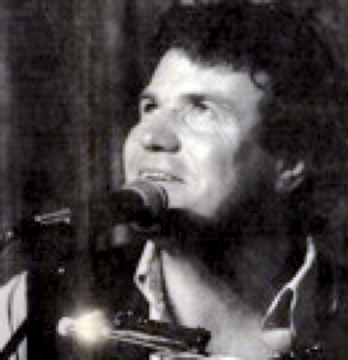
On the Green, in Concord, MA Every Thursday Night for over thirty years…
“A Song Singing, Word Slinging, Story Swapping, Ballad Mongering, Folksinger, Teacher, & Poet…”
Fitz’s Recordings
& Writings
Songs, poems, essays, reflections and ramblings of a folksinger, traveler, teacher, poet and thinker…
Download for free from the iTunes Bookstore
“A Master of Folk…”
Fitz’s now classic recording of original songs and poetry…
Download from the iTunes Music Store
“A Masterful weaver of song whose deep, resonant voice rivals the best of his genre…”
“2003: Best Children’s Music Recording of the Year…”
Fitz & The Salty Dawgs Amazing music, good times and good friends…



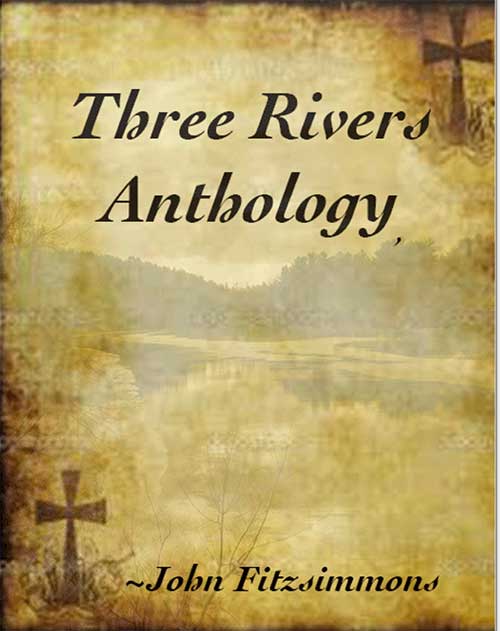
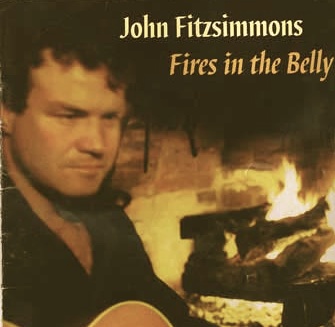
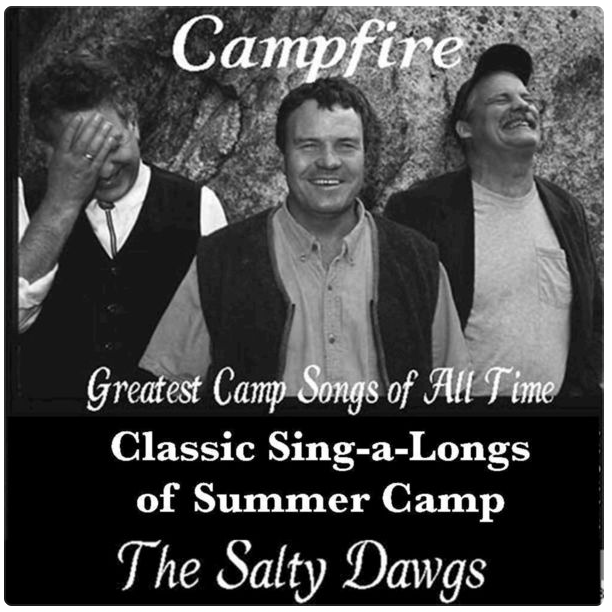
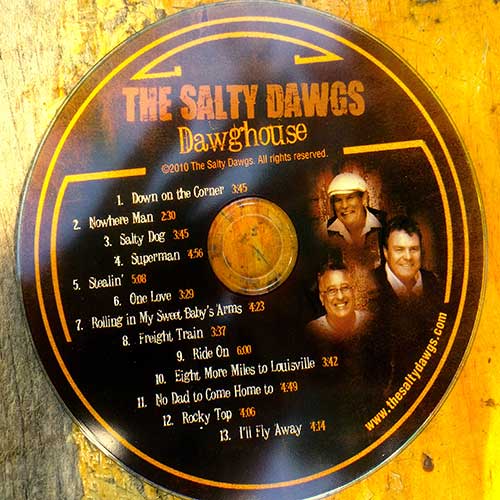



0 Comments